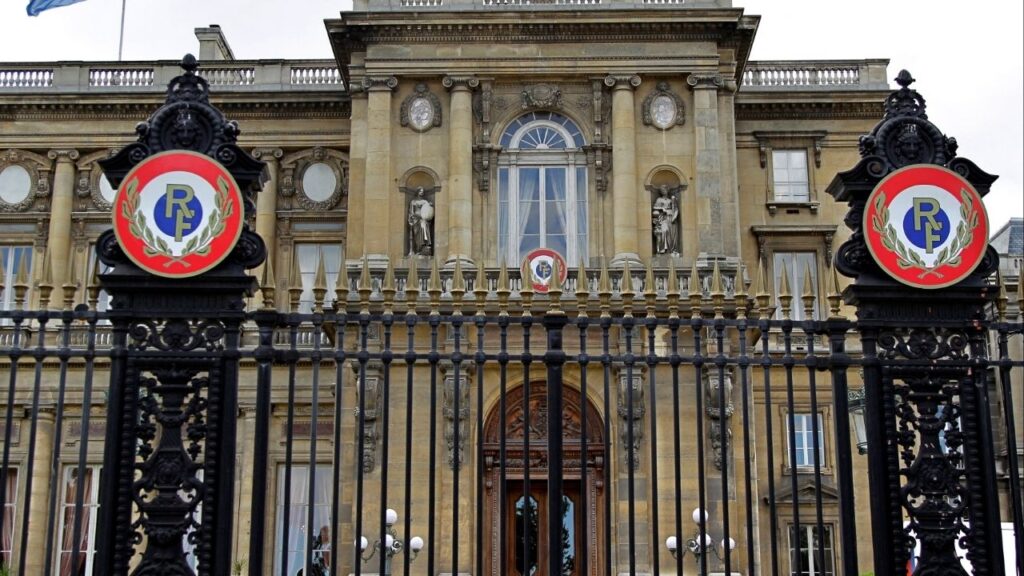Share
California is always in the national news and too often for not-so-good reasons. A couple of recent events has left much of the rest of the country wondering how this ever-swaggering state is continually caught off guard. There’s really no mystery here. The answer is obvious.
When it was announced earlier this month by Gov. Gavin Newsom that California is facing a budget deficit, many wondered: Why didn’t policymakers see that coming? How could they have been caught by surprise?
The same can be said for the recent heavy rains that followed years when it seemed like it might never rain again over large parts of the state. What should have been a blessed event that ended the drought and allowed the state to store water for the future was in actuality a wasted opportunity. After winter storms dumped rivers of rain, much of the water ended up everywhere except in places where it could be useful, the Wall Street Journal editorial board wondered why California’s political leaders don’t “prepare for droughts or deluges?”

Kerry Jackson
Opinion
It’s because they have a long history of taking the wrong approach to water provision, as well as every other problem they’ve come across.
Rather than add water storage, which hasn’t been done in any significant way in more than 40 years, policymakers have instead counted on customer rationing, cutting off water to farmers, and hope itself to remedy the state’s perpetual water issues. State laws designed to protect the environment have held up vital water projects for years, with environmental groups routinely abusing the law to file lawsuits serving their radical ideology.
Not even the wishes of millions of Californians – who voted 67-33 in 2014 to spend $7.5 billion on water projects – has swayed policymakers. Even though more than $2.7 billion in that bond was dedicated for new water storage – and the projects have secured additional local, federal and user fee dollars – state bureaucracy and lawsuits continue to stand in the way.
The deep problems with California’s tax regime, which generates revenue for government operations (and wealth redistribution) have also been known for years. It’s far too reliant on personal income taxes, and therefore is subject to booms and busts. Despite an urgent need to reform the framework so that it will be less vulnerable to economic cycles, the broken system remains. Though former state Controller Betty T. Yee said years ago the system is “outdated, unfair, and unreliable,” lawmakers have avoided the hard work of overhauling it and instead made the process for raising revenue even more volatile through new levies and a higher marginal top rate on income taxes.
Puzzled Political Class
Not so long ago, policymakers appeared shocked by Golden State gasoline prices, which are still the highest in the continental U.S. An outraged Newsom told Californians that “oil companies are ripping you off,” and proposed punishing energy companies that didn’t surrender to his threats of a windfall profits tax. Yes, recent steep gasoline prices have been driven by inflation kicked off by Washington. But Sacramento has contributed to California’s prices, historically higher than every state but Hawaii, with the highest gasoline tax in America, a regulatory framework that discourages energy production (in a state that ranks sixth richest in crude reserves), rules that inhibit refining, and a general hostility among lawmakers and regulators to cheap and plentiful conventional fuel sources.
The political class is also puzzled about increased crime, even as its members decriminalize behaviors that are harmful to others. Isn’t it possible that no-cash-bail policies, defining down offenses, implicitly and explicitly telling criminals – who are rational-minded – that authorities are willing to tolerate more crime, and a political hostility toward law enforcement invite more criminal activity?
The answers that lawmakers need aren’t written on ancient stone tablets in a dead language no one understands, and hidden in a cave. They are available in papers, books and regular publications that are continually produced by the Pacific Research Institute and other policy groups. Legislators and regulators should not be afraid to look at ideas that don’t conform to their predispositions. The more open they are to discovery, the less likely they’ll be surprised by events that could have been avoided.
About the Author
Kerry Jackson is a fellow with the Center for California Reform at the Pacific Research Institute.
RELATED TOPICS:
Categories

US Brings Dozens of Foreign Military Chiefs to Washington

Fresno County Authorities Search for Family of Deceased Man

Two Boys, 8 and 9, Die After Falling Through Ice in Oklahoma
















